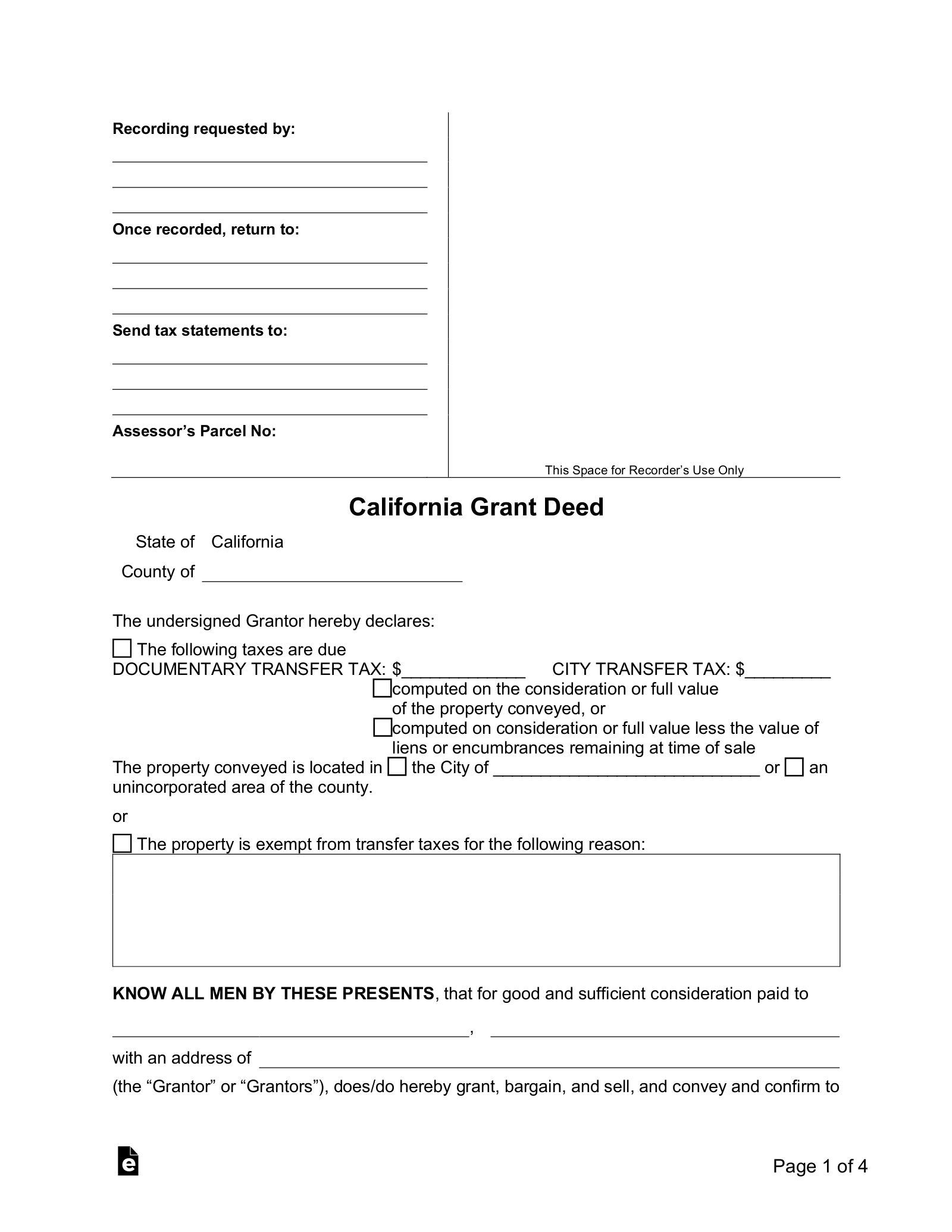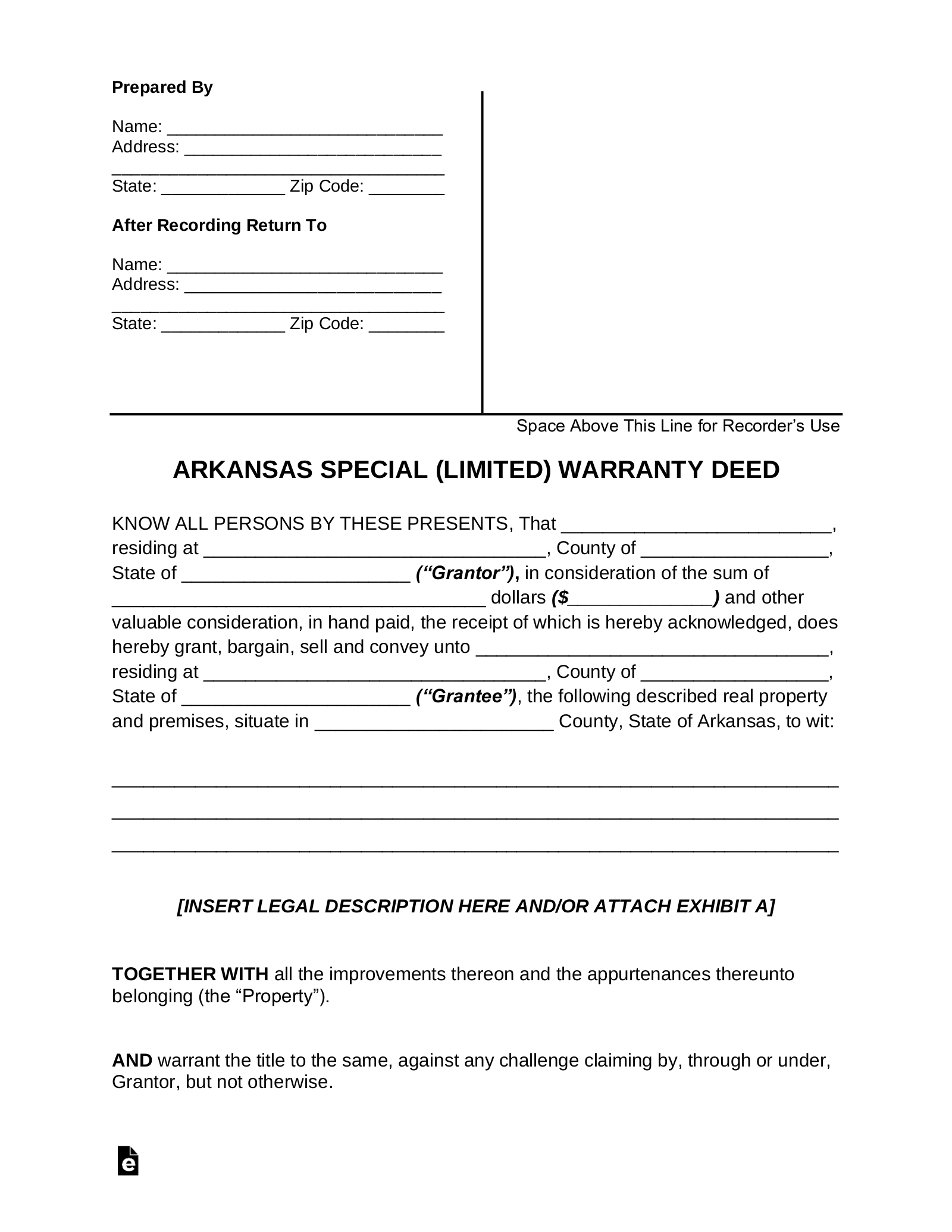Table Of Content

The buyer is responsible for cleaning everything up after the sale. Both parties must sign the deed to make the transfer of ownership rights official. Last but certainly not least, you must file the deed at your local county recorder office. Be sure to complete any county requirements, such as filling out and including a Preliminary Change of Ownership form.
Contact the county recorder’s office
For example, a tax deed gives the government permission to sell a home or another property in order to collect unpaid property taxes. Since deeds and titles are related concepts, they’re often mixed up. The title refers to the legal right to access a property and transfer its ownership interest to another party. But you can never transfer more than you actually own to another person. Many ownership disputes are settled by simply checking the name on the deed. Since deeds become public records in most states, failing to record a deed may create problems.
What Is Real Property?

If this conflict grows into a lawsuit, a judge will need to decide whose rights (or title) will be enforced. She covers lifestyle, travel, real estate and other topics for publications such as the Los Angeles Times and 7x7. If problems are discovered, a real estate agent can be a key resource in hunting down paperwork where needed and making sure debts are paid. If the borrower defaults on the loan, the lender then has the right to foreclose on the property to recover the outstanding debt. Deeds are also categorized based on the type of title warranties provided by the grantor. Working with an adviser may come with potential downsides such as payment of fees (which will reduce returns).
Quitclaim Deeds
Because of its risky nature, a quitclaim deed is commonly used to transfer property when there is a high degree of trust between the parties involved. It is sometimes also used to correct a title defect (e.g. misspelling of names). A covenant is an agreement or promise between two parties that certain actions will or will not be carried out. In real estate deeds, covenants are generally used to promise that the seller has the right to sell the property and the buyer will have the right to own and use it as they wish. Property covenants are slightly different; they generally stipulate how a property may or may not be used. First, find out which county office holds public deed records, in the county in which the property is located.
Area property deed transfers, April 11 - GazetteNET
Area property deed transfers, April 11.
Posted: Wed, 10 Apr 2024 07:00:00 GMT [source]
Legal

A quitclaim deed is often used if the grantor is not sure of the status of the title (whether it contains any defects) or if the grantor wants no liability under the title covenants. Whether you’re a homebuyer or seller, the deed to the property in the transaction is an essential piece. Here are the basics on this crucial document, what it includes and how it differs from a property title. One of the many things a homeowner can do with a house deed is to use it to sell the house to a new owner, or to gift it to a loved one. There are also special purpose deeds used for official (or legal) purposes.
In real estate, a lien is the right to seize and sell a property if a contract is not met. A mortgage is an example of a lien that is put in place automatically; the mortgage lender has the right to seize the property if the owner is unable to make their mortgage payments. A lien on a property may prevent it from being sold, or it may pass to the buyer under certain types of deeds.
Recording by Mail
When you own a property, you own both the property deed and title to that particular property. The property deed is the physical legal document that transfers ownership and proves who the legal owner of the property is. It holds critical information about the property, such as who the house was bought from, and who it was sold to.
House Deed: What You Need To Know About Property Deeds
It also includes signatures of both parties and may require witnesses or a notary public to authenticate the signatures. A deed is a binding document in a court of law only after it is filed in the public record by a local government official who is tasked with maintaining documents. This deed gives ownership rights to a buyer at a sheriff’s sale, usually at auction. This typically occurs when the home has been foreclosed on for unpaid property taxes. But the grantor doesn’t make any promises about the condition of the title before they owned the property.
How much does it cost to transfer property deeds?
When a home is owned free-and-clear, the homeowner is the rightful owner and thus holds the deed to the house. However, if the homeowner is still paying a mortgage, then they technically do not fully own the house yet. As mentioned, a general warranty deed imparts a full warranty of title.
For instance, if you purchased a property with another individual and that individual dies, you may want to change the deed. Another instance in which a deed may need to be changed is if you refinance your home. In a refinance, the lender will record a new lien against the property. The difference between house deed and house title can cause confusion. Since a house deed doesn’t always require a lot of information, it can be quite short. But it may contain additional material about any conditions that go along with the title.
Think about implications of selling a house; there may be restrictions to respect the current state of a neighborhood. Common examples of restrictions that may be listed in the deed include prohibitions on building additional structures, exterior modifications, or how land can be used. Moreover, conferring a title through a deed does not necessarily grant the new owners the right to use the property in any way they choose. A deed may include restrictions on the owner's actions, such as the rules imposed by a homeowner's association. In some states, a mortgage for a house entails the creation of a deed of trust.

No comments:
Post a Comment